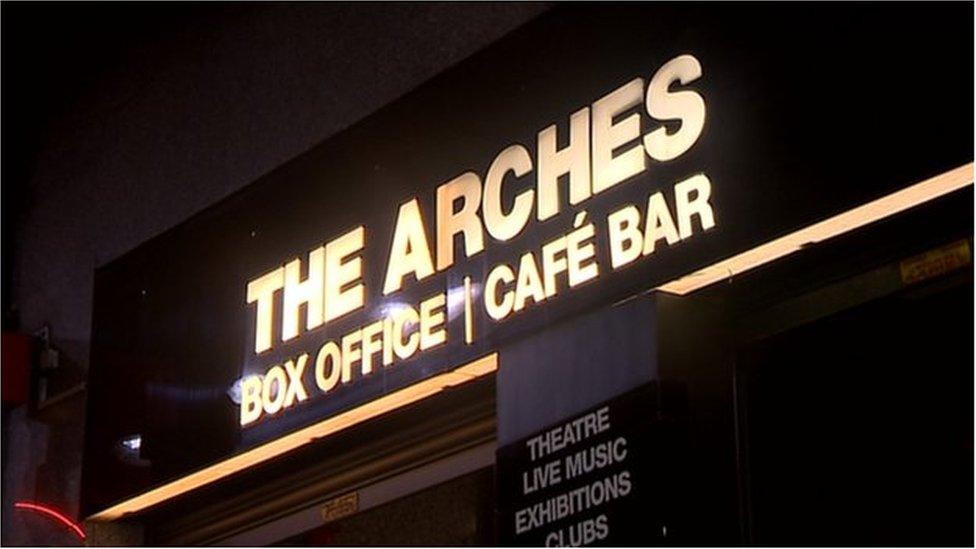Scotland should have 'nightlife minister' like Australia - report

- Published
Scotland should have a government minister devoted to the country's nightlife, according to an industry body.
Mike Grieve, who owns the Sub Club in Glasgow and who chairs the Night Time Industries Association (NTIA), said the country is "behind the curve" in supporting clubs, restaurants and live music venues.
He argued the industry should be taken more seriously by politicians and that Scotland should take inspiration from New South Wales in Australia, where there is a 24-hour economy commissioner - the first state-level role of its kind in the world.
The Scottish government highlighted that it provided 40% business rates relief hospitality premises.
Mr Grieve's made the comments as the NTIA publishes a new manifesto, with a 31-point plan for helping the industry.
He told BBC Scotland's Scotcast that the industry has struggled since the coronavirus pandemic in 2020, with more people preferring to stay in since then.
However he believes "thinking big" can help the industry thrive, and points to Australia as an example to follow.
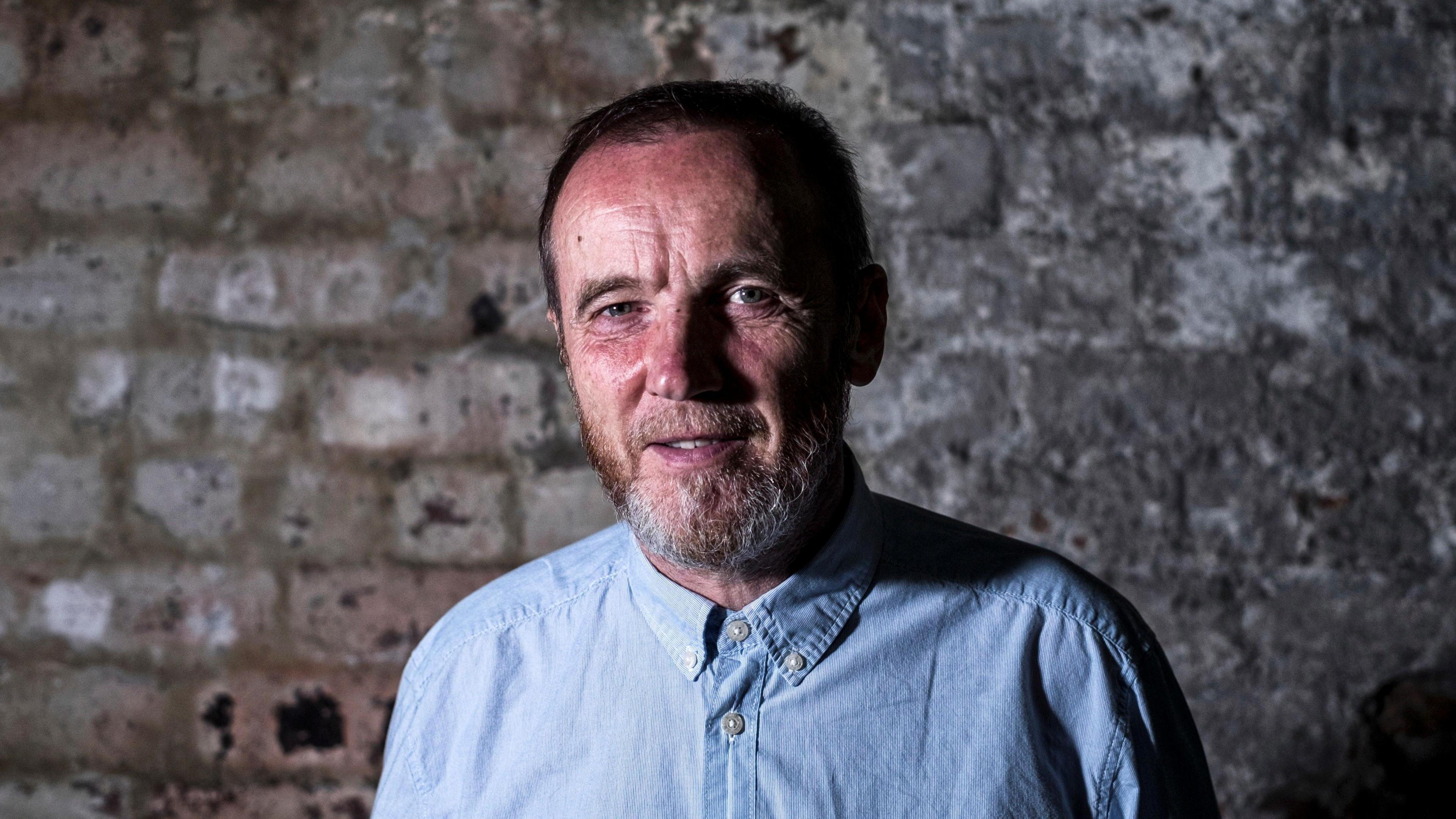
Mike Grieve has worked at the Sub for more than 30 years
In 2014, Sydney introduced a series of controversial laws to tackle alcohol-fuelled violence, enforcing strict curfews for bars and designating known party zones as an entertainment precinct.
Six years later the laws were rolled back, with hundreds of businesses having shut, and a new strategy introduced to bolster the sector.
Speaking about the NTIA's plan to improve nightlife, Mr Grieve said: "'Take us seriously' is definitely the call from this document. I think Scotland is behind the curve on this.
"New South Wales has completely transformed the night-time economy over the past couple of years."
In recent years the likes of the Shed nightclub in Glasgow, external and the Ironworks music venue in Inverness have closed.
Even Glasgow's Garage nightclub, which at one stage was open every night of the year, has cut back opening hours.
Scotcast: Do we need a minister for disco?
Sub Club nightclub owner Mike Grieve tells Scotcast how his industry has changed
Areas of law and policy which affect Scottish nightlife - be it licensing or public transport - are spread across different government departments.
But Mr Grieve said a new role could link different areas together, comparing it to how a transport minister would draw upon various parts of one industry to form overall policy.
He added: "It [the night-time economy] feels a bit taken for granted, like it's just going down the pub and then on to the disco, but it's a substantive part of the economy."
Mr Grieve believes there has been a shift in recent years towards planning nights out in advance and booking ahead, rather than simply arranging to just go out on a Friday or Saturday.
He said a younger generation never grew into going clubbing the way previous generations had, due to the various Covid-19 enforced lockdowns.
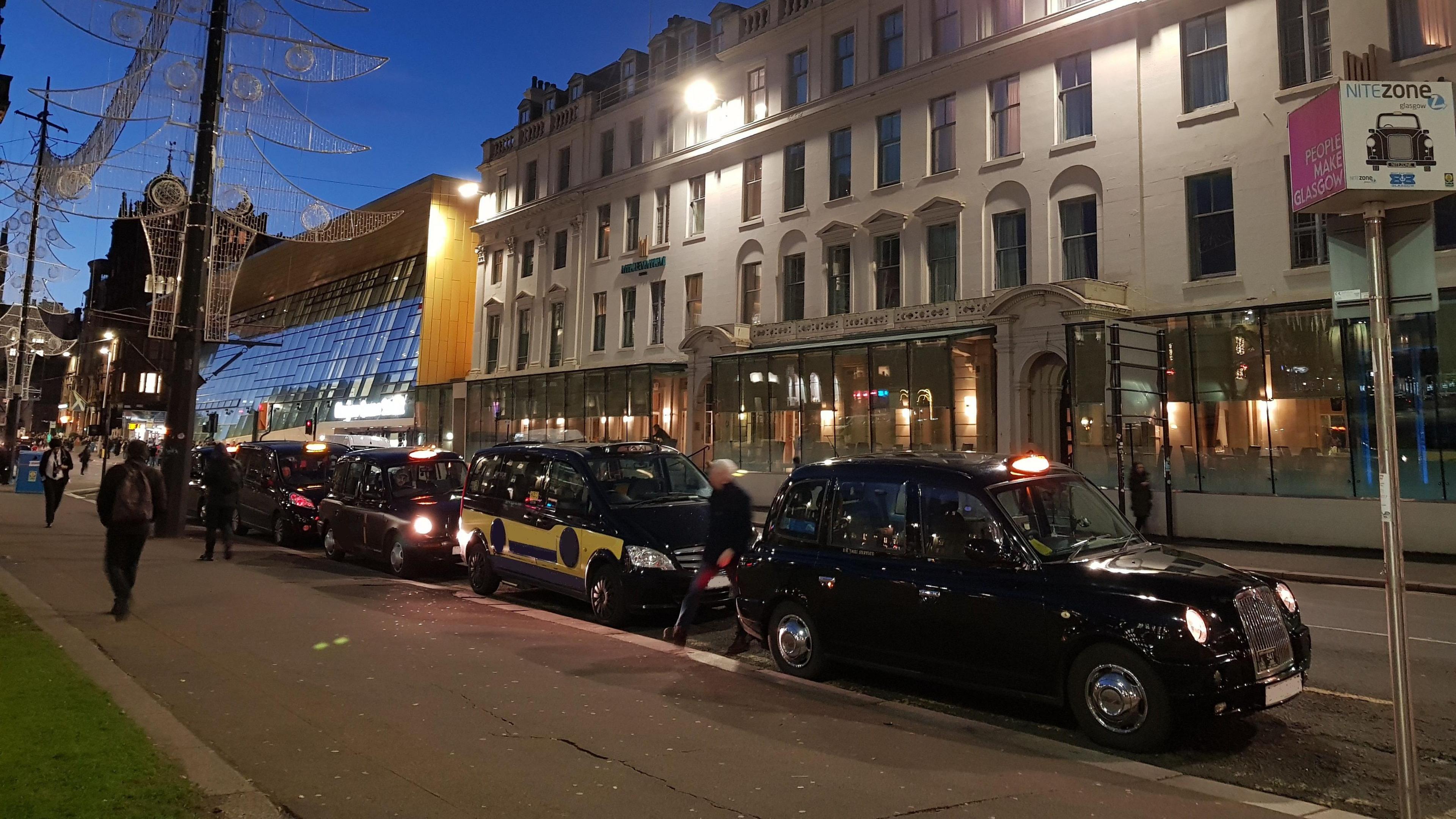
Cab drivers are against plans to expand numbers
In Glasgow, Uber and business leaders have called for scrapping the limit on cab drivers to make it easier for people to go home at the end of the night.
However drivers held a rally against the possibility, fearing it will squeeze an already tight industry even further.
Mr Grieve said: "Glasgow is peculiar in relation to other cities, the population centre is outwith the immediate city centre, so people have to come into the centre of Glasgow to get involved with the nightlife, and then leave again.
"In order to feel secure about coming into Glasgow, you need to feel secure about getting home – so that's a problem."
He said many of the issues with transport in the city "go back decades" and current steps to improve it are like "trying to put a sticking plaster on a hole in a dam."
Mr Grieve has worked at the Sub Club for more than three decades, and currently works as managing director of the Jamaica Street venue - a club regarded as a key part of the city's music culture.
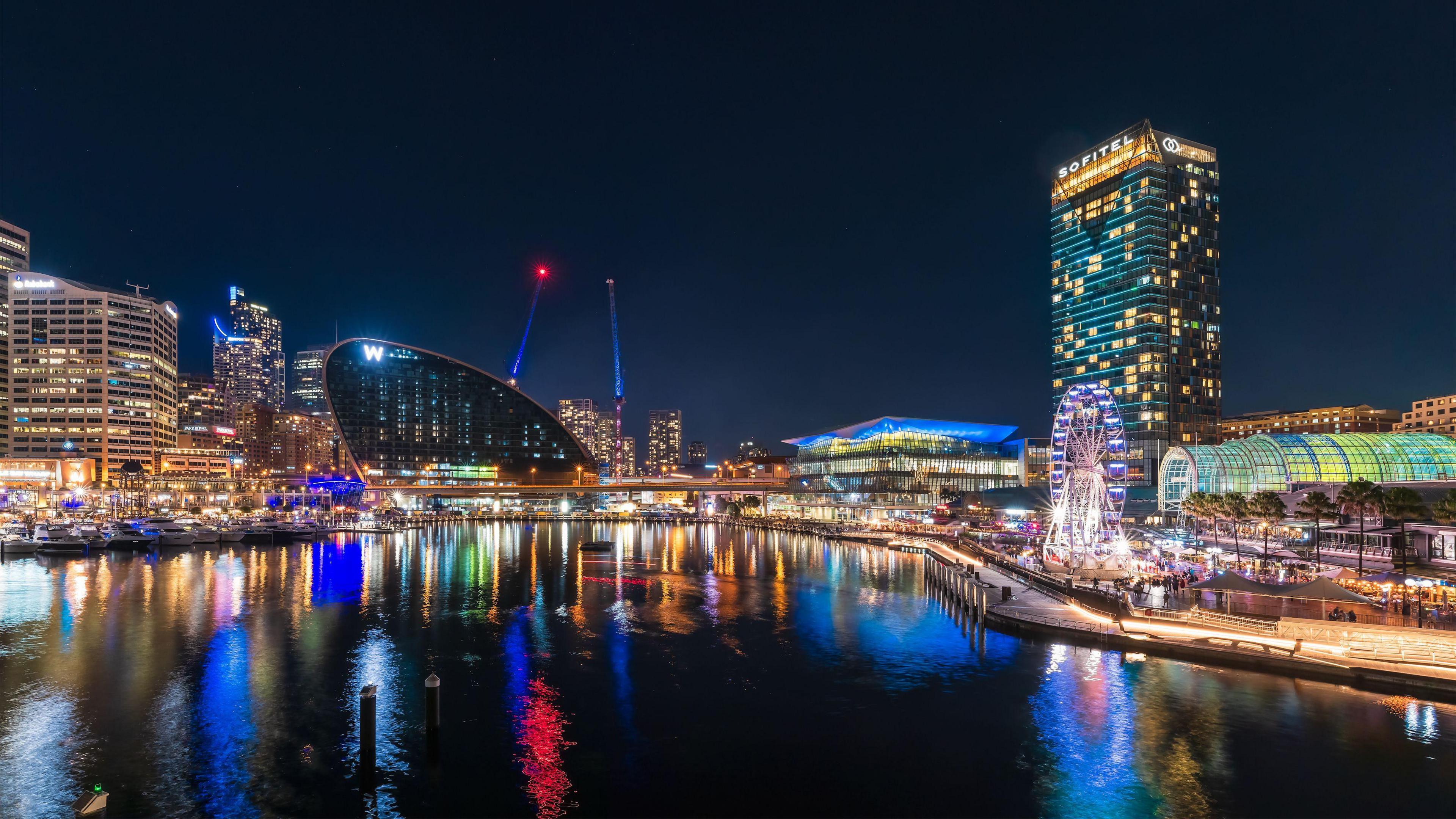
Industry leaders would like to see Scotland copy tactics used in places like Sydney
Other proposals in the document, written by licencing lawyer Stephen McGowan, include ensuring local authorities develop their own plans for the sector, rather than focusing purely on licencing issues.
Further suggestions include vocational training so workers can gain skills, drug testing facilities to reduce the risk of dangerous substances and rates relief for businesses.
The Scottish government's business minister Richard Lochhead said the country offers the most generous small business rates relief in the UK.
He added: "We welcome any realistic contributions to grow and improve Scotland's economy and continue to call on the UK Government to reverse its decision to increase employers' national insurance contributions, which is having a detrimental impact on the night-time industry.
"We are providing 40% rates relief in 2025-26 for hospitality premises, including music venues with a capacity of up to 1,500 people, which is benefiting night-time businesses."
The NTIA also wants to protect cultural venues in the same way as heritage sites, meaning somewhere like the fire-damaged O2 ABC - currently set to be turned into flats and a public foodhall - would be offered greater status.
Mr Grieve added "getting a regular crowd that comes [every week] is a thing of the past" but that he remains optimistic about the sector's future.
He said: "It's a really resilient business. People will always want to go out and dance."
Related topics
- Published29 August 2024
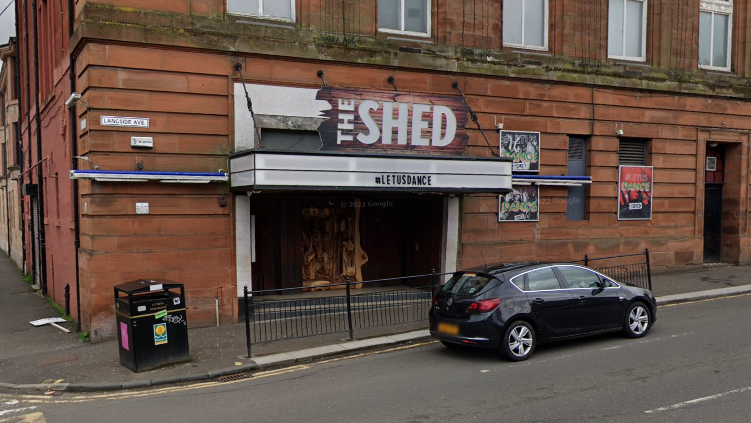
- Published11 September 2023
